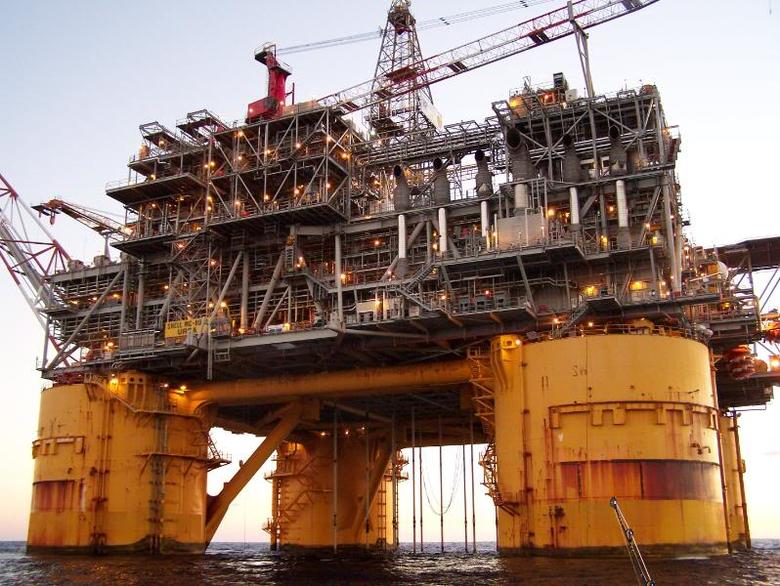
SHELL: THREE POINTS OF THE STRONG STRATEGY

Van Beurden said: "Shell has a strong asset base and industry leadership in many of its growth themes. While this position of strength gives confidence for the future, it is also clear that we need to get a tighter grip on performance management in Shell. I am determined that, by focusing sharply on our three key priorities – better financial performance, in particular in our Upstream Americas and Downstream businesses, enhanced capital efficiency, and continuing strong project delivery, we will continue to grow our cash flow and improve our returns."
Shell will drive sharper performance management of the company's portfolio than in the past, through a more detailed segmentation of the business, into performance units.
Van Beurden said: "With sharper accountability in the company, this approach will target growth investment more effectively, focus on areas of the business where performance improvement is most required, and drive asset sales from non-strategic positions."
Shell's investment strategy recognizes three distinct time horizons that can be characterized as follows:
- Maintaining the existing cash "engines" businesses, where Upstream is delivering high returns and strong cash flow, with further potential from improved operational uptime and selective growth, and where Downstream faces headwinds in Oil Products.
- Delivering near-term cash flow from "growth priorities" – deep-water and integrated gas, with industry-leading positions and capabilities, high returns and cash flow, and rich development funnels. Integrated gas earnings, for example, have increased by some 400% from 2009, to $9 billion in 2013.
- Identifying and maturing "future opportunities" for the longer term, including Nigeria, Iraq, Kazakhstan and global resources plays, where returns in 2013 were impacted by factors such as losses in North America and the security situation in Nigeria.
Van Beurden said: "Shell has considerable strengths in portfolio, technology and management capabilities. However, we must improve profitability in several areas. We are taking stock of our investment opportunities and operating positions. Are our assets attractive economically, and are they resilient to industry cycles? Are our plans credible, are they competitive and are they affordable? This approach is driving hard choices on today's asset base, new opportunities, and disposals plans, where we have recently announced exits from Australia and Italy downstream, Wheatstone LNG in Australia, and US gas-to-liquids."
Highlighting two areas that need improvement, the company updated on Upstream Americas and Downstream today.
Upstream Americas profitability has been impacted by losses in resources plays such as shales. Shell is shrinking this portfolio and cost base, with 2014 spending to be reduced by 20% compared to 2013, and redirecting onshore investment to the lowest cost gas acreage with the best integration potential, and into on-going exploration in liquids-rich shales. At the same time, profitable growth should continue in deep-water and heavy oil, where an industry-leading development programme is underway.
Shell's Downstream results include strong performance from businesses such as chemicals, lubricants and biofuels, but weaker and more volatile delivery from refining and fuels marketing. By disaggregating this portfolio into distinctive performance units, the company intends to drive hard choices on capital allocation for selective growth, and divestment of non-strategic positions, to improve cash flow and returns.
The $35 billion organic investment programme for 2014 and the $15 billion divestment targets for 2014-15, announced earlier this year, reflect an on-going commitment to grow the company and at the same time to increase divestments to more typical levels, after a slow down in 2013. Asset sales announced so far in 2014 total some $4.5 billion. Project start-ups from 2010 onwards added $9 billion (over 20%) to our 2013 cash flow, with more growth to come, from Shell's industry-leading project flow.
Commenting on the financial position of the company, Van Beurden said: "We've delivered industry-leading cash flow growth in recent years, and we want to pick up the pace again both on cash flow and returns, driven by financial performance, capital efficiency and project delivery. Shell's dividend growth – expected to be some 4% for Q1 2014 – underscores that momentum and the potential for the future."





